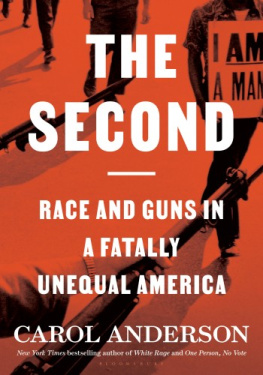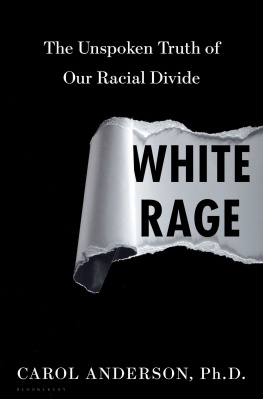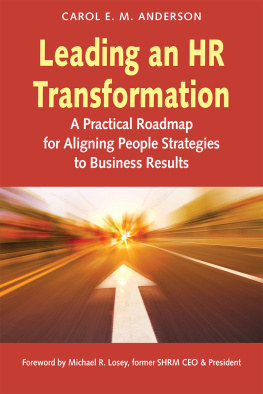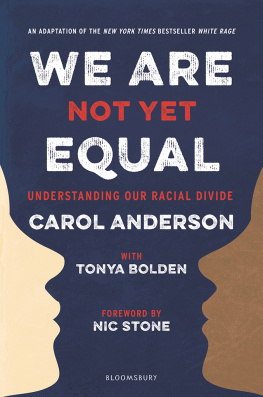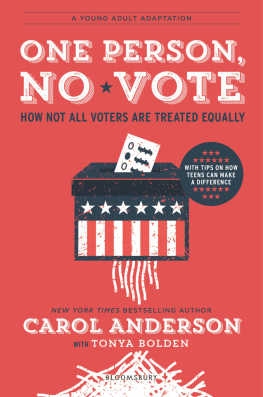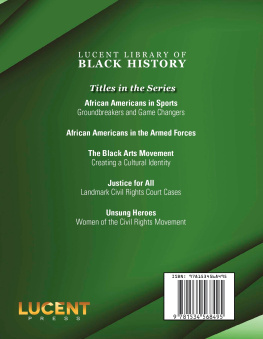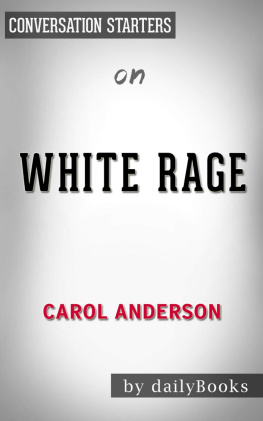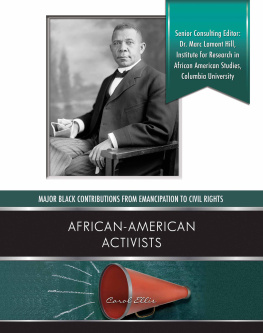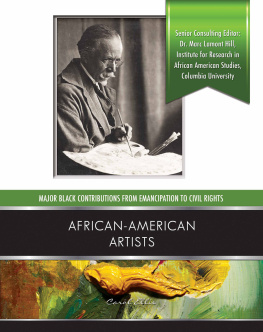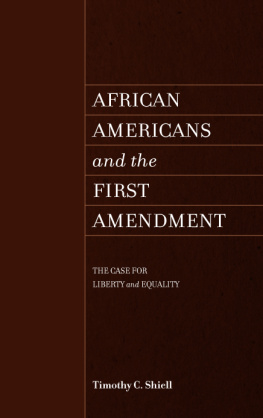For
Aunt Lennie, Uncle Sam, and Aunt Barbara
My Soul Looks Back and Wonders
BY THE SAME AUTHOR
One Person, No Vote: How Voter Suppression Is Destroying Our Democracy
White Rage: The Unspoken Truth of Our Racial Divide
Bourgeois Radicals: The NAACP and the Struggle for Colonial Liberation, 19411960
Eyes off the Prize: The United Nations and the African American Struggle for Human Rights, 19441955
CONTENTS
It was like a snuff film that July 6, 2016, livestream. Philando
Castile, who had been pulled over in a suburb of St. Paul, Minnesota, because his wide-set nose supposedly resembled that of a robbery suspect, had been reaching for his ID but, in order to avoid any surprises, let the police officer know that he had a
That was all the cop needed to know: Officer Jeronimo
Castiles death came just one day after Alton
The back-to-back deaths of these two Black men police had shot for carrying guns should have jolted into action the Second Amendments staunchest advocate, the National Rifle Association (
Nearly two decades later that
Yet how quickly the NRAs swagger disappeared when government agents gunned down Philando
This situational silence did not go unnoticed. The NRA had not only loudly defended the rights of those in the
A broken, treacherous rights landscape, of course, has always been the reality for African Americans. We know that the
That silence is not accidental. The eighteenth-century origins of the right to bear arms explicitly excluded Black people.
Even the well-regulated
Thus, the role of the militia and who controlled iteither the federal government or the slaveholding statesbecame a sticking point in ratification of the U.S. Constitution. James Madison, architect of the Constitution and the Bill of Rights, understood what was at stake. Just as the continuation of the Atlantic slave trade for an additional twenty years, the three-fifths clause, and the fugitive slave clause were embedded in the Constitution to purchase the Souths participation in the United States of America, the Second Amendment was also a bribe.
Regardless of which legal interpretation of the Second Amendment is deployedbe it an individuals right to bear arms, the right to a well-regulated militia, or even the attendant right to self-defenseeach has been used against African Americans.rights of Black people.
This has revealed a paradox. Whereas the judicial and the legislative weakening of the Bill of Rights has been instrumental in allowing the Let me explain.
The U.S. Supreme Court has refused to acknowledge the full extent of rampant and demonstrated racial bias in the use of the death penalty, which has made this ultimate sentence inherently cruel and unusual and, thus, in violation of the right to vote.
The Second Amendment, on the other hand, is fundamentally different. It was designed and has consistently been constructed to keep African Americans powerless and vulnerable. Regardless of the courts stance, there is no clear pathway to human rights where the Second Amendment is concerned. A series of legal decisions best illustrate this point. In Each of theserestricting felons from possessing guns, while also allowing a greater flow in urban areas for protection against crime, and forbidding firearms in public housinghad at its center the argument of safety and security. But they had something else in common, too: African Americans were always the ones who posed the threat and always the ones who bore the brunt of the decision.
Similarly, the Second Amendment, which scholars herald as bedrock for the right to self-defense, has been quicksand for African Americans. The NRA got it.
To be clear, this is not a pro-gun or anti-gun book. Guns are not the key variable here. Its Black people. Their legal statusenslaved, free Black, denizen, Jim Crowed citizen, or citizen of post-racial Americadid not change the way the Second Amendment worked against their rights. From colonial times through the twenty-first century, regardless of the laws, regardless of the court decisions, regardless of the changing political environment, the Second has consistently meant this: The second a Black person exercises that right, the second they pick up a gun to protect themselves (or not), their lifeas surely as Philando Castiles, as surely as Alton Sterlings, as surely as twelve-year-old Tamir Ricescould be snatched away in that same fatal second.
Once all the distracting arguments about individual versus collective Reynoldss question.
In 1776, in an act of incredible bravado, the rebels penned and signed the
This was not a rhetorical question. The shot heard round the world at Lexington, the bloody financing, they argued, could provide enough revenue to equip their military and defeat King George IIIs forces.
There was a major problem with that formulation, however. The South, which was more dependent economically, politically, and culturally on human bondage than the Northern colonies were, balked.Lynch of South Carolina explained it in terms he hoped even someone from Massachusetts or Pennsylvania could understand: Sheep in the North werent taxed: why should the Souths property be?
Benjamin
Regardless of the Souths outrage, Franklin had zeroed in on the core of the matter. Despite all the fulminations and mental gymnastics about property, the enslaved, as everyone knew, were human beings who resented mightily their bondage.
The planters responded to this challenge by adopting a three-part strategy to break the will, or at least the ability to fight, of a people who had been snatched from their homeland and brutalized and who were overwhelmingly hostile to those who controlled their labor.
As early as 1639, Virginia prohibited Africans from carrying guns because what white Southerners feared the most [was] an armed black man unafraid to retaliate against both the system of slavery and those who fought to defend it.
In colonial South Carolina,
That recognition and the resulting fear, however, did not stop the mass importation of kidnapped Africans, who by 1710 already outnumbered whites in South Carolina. Instead, the response was to double down on the brutality and other measures necessary to ensure control of what would eventually be 57.5 percent of the total population.
It was an illusion. Despite all the precautions, in 1720 a near revolt shook South Carolina. As one Carolinian noted, The negroes [had] a very wicked and barbarous plott in which they planned to rise up and destroy all the white people in the country and then to take the town in full body.
The colony then reorganized its militia, banning even the trusted
But peace did not come in the wake of retaliatory violence or enhanced policing. The next year, 1721, a report from South Carolina eddied across the ocean to the king of England that black slaves were very near succeeding in a revolution, which would probably have been attended by the utter extirpation of all your Majestys subject in this province. As the fear and pressure mounted, the colony responded with the
That didnt work either. By 1730, there was a report of yet another attempted revolt: The Negroes conspired to Rise and destroy us came the plaintive wail. The enslaved planned to rush into the heart of the city, take possession of all the arms and ammunition they could find, and murder all the white men. Then, the report continued, they were going to head straight for the plantations to wipe out the slave owners. If the plot had not been uncoveredthe relief apparent in every syllablewe had been all in blood. The reaction to the planned uprising was, of course, full of the sadism that defined slaverysome of the enslaved were tortured to extract confessions and identify the possible ringleaders, who were then subsequently tortured to death, while many others were subjected to severe bodily punishment.
Next page
